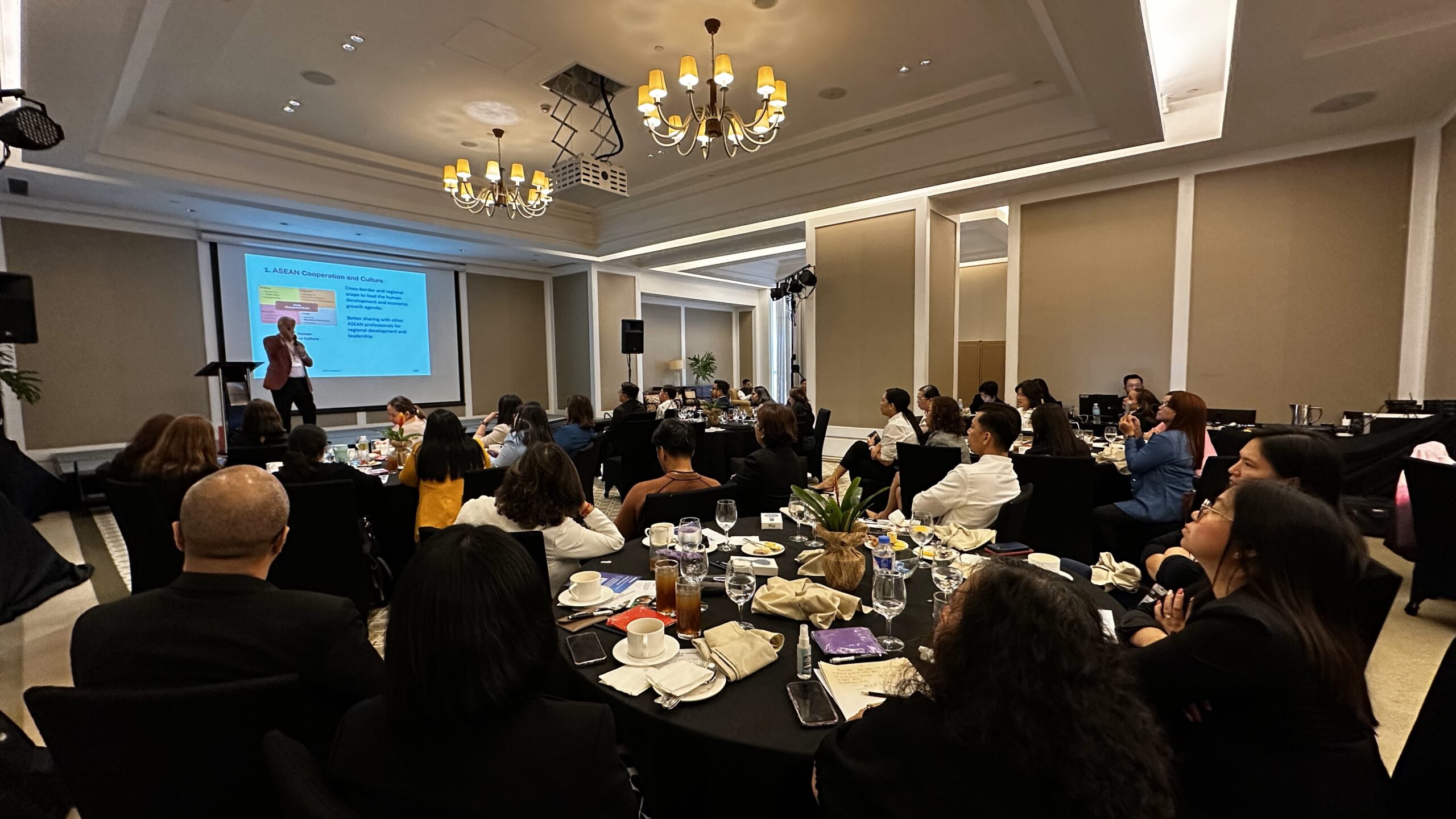Talent development trends in the Philippines
- HRM Asia Newsroom

Talent development, which focuses on enhancing employees’ skills, knowledge and abilities to achieve organisational goals, is now heavily influenced by technology, shifting workforce demographics, and evolving industry trends.
Organisations have focused on equipping their workforce with digital skills, soft competencies, and leadership capabilities to foster adaptability and continuous learning.
One notable change is the emphasis on digital transformation and upskilling. Organisations invest in data analysis, cybersecurity, AI, and software development to maintain competitiveness. Hybrid learning models combining online and in-person training are becoming more common. This flexible approach allows employees to adapt quickly to new technologies and workplace innovations.
More organisations are leveraging learning management systems (LMS) to deliver, track, and manage training programmes more efficiently. These systems provide personalised learning experiences, ensuring employees can access the necessary resources to develop their skills.
Cross-cultural training has become increasingly important as organisations operate in diverse environments and equip employees with skills to navigate cultural differences effectively.
However, soft skills remain equally important. As remote and hybrid work becomes more prevalent, there is a growing need for interpersonal skills such as emotional intelligence, communication, and collaboration. These skills are essential for effective teamwork in digital workspaces. Many organisations now incorporate emotional intelligence and leadership development into their training programmes to cultivate empathetic leaders and employees.
With employees from different generations having unique learning preferences, training programmes are being tailored to encourage cross-generational collaboration. Mentorship and coaching play crucial roles in bridging these generational gaps, with older employees mentoring younger ones while benefiting from the digital fluency of the newer generation.
Continuous learning is another major focus. Microlearning – short, targeted training sessions – has become an effective way to upskill employees without disrupting workflow. Many organisations are promoting lifelong learning, encouraging employees to continually upgrade their skills to keep pace with industry changes.
Retention strategies have evolved, with organisations recognising that talent retention is closely linked to career development opportunities. Many businesses are providing flexible career pathways and internal mobility options that allow employees to explore new roles within the organisation.
Leadership development remains a cornerstone of talent development strategies. Coaching and mentorship programmes nurture emerging leaders, emphasising empathy, strategic thinking, and agility. This not only strengthens current leadership teams but also builds a future leadership pipeline capable of navigating complex business environments, especially in global organisations where leadership agility is crucial.
Sustainability and environmental, social, and governance (ESG) initiatives are influencing talent development strategies. Sustainability skills are being incorporated into training programmes as businesses align operations with ESG standards. In industries where ESG compliance is crucial, employees are trained to integrate sustainability practices into their daily tasks.
By 2025, talent development in the Philippines will undergo significant evolution. The demand for digital skills like AI, data management, and cybersecurity, will intensify as industries increasingly rely on technology to drive innovation and efficiency. Organisations will invest more in personalised learning paths, utilising AI-driven platforms that can adapt to individual employees’ needs and learning styles. This tailored approach will enhance skill acquisition and lead to improved retention rates and heightened employee engagement, as employees feel more supported in their professional growth.
READ MORE: Thinking skills: The new currency in the digital age
There will be equal emphasis on soft skills and leadership development. As remote and hybrid work become the norm, the ability to communicate effectively, collaborate across teams, and exhibit emotional intelligence will be essential. Organisations will implement comprehensive training programmes that focus on building these competencies, alongside initiatives aimed at developing future leaders. Leadership development will not just be about cultivating managerial skills but will also encompass fostering resilience, adaptability, and strategic thinking among emerging leaders.
Moreover, the importance of mental health in the workplace will continue to rise, with organisations prioritising wellbeing initiatives that promote a healthier work-life balance. By creating a supportive environment, organisations can enhance employee morale and productivity, ultimately leading to a more resilient workforce.
Talent development in the Philippines is being shaped by several interrelated factors: digital transformation, continuous learning, soft skills enhancement, leadership development, and sustainability. Adopting a strategic approach to talent development is crucial, as it not only attracts, motivates, and retains top talent but also significantly enhances organisational productivity and competitiveness.
Organisations that focus on these key areas will be better prepared to build a workforce that is agile, adaptable, and ready to meet future challenges. By fostering a culture of continuous learning and development, they will position themselves as leaders equipped to navigate the complexities of an ever-evolving market landscape.
About the Author:
Dr Virgel C. Binghay is a Full Professor at the School of Labour and Industrial Relations at the University of the Philippines. As a founding member of the Association of Human Development Organisation (AHDO), Dr Binghay promotes inclusive workplace cultures and leads initiatives that improve team dynamics.







